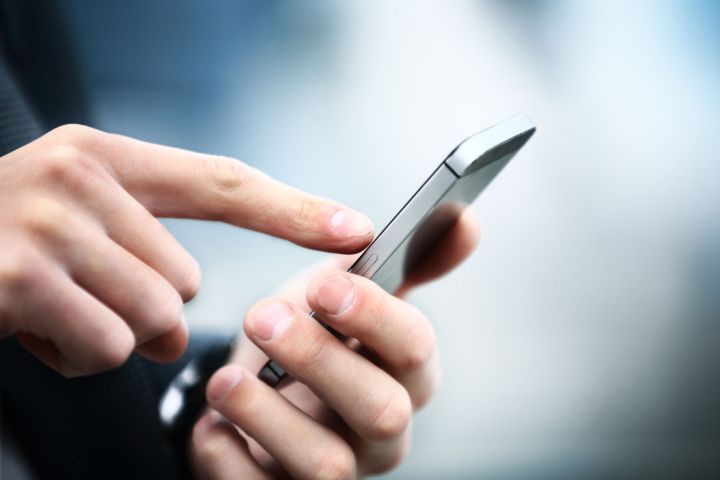
Related: Trade up to a new iPhone for as low as $10 a month
The Irishman, a 29-year-old prisoner described as having “complex psycho-social issues,” vomited for four hours prior to his visit at the Adelaide and Meath Hospital’s emergency room in Dublin. The vomiting, as doctors would find out, was caused by the patient swallowing a phone, so they decided to let the phone pass through his digestive system and out the other end.
After 18 hours of waiting, however, nature didn’t take its course, so doctors prepped for surgery. At this point, the question became what kind of surgery they would need to do on the patient. The first option, a minimally invasive operation, involved getting the phone out through the use of retrieval tools that would go down the esophagus. The second option involved making incisions in the abdominal wall and, through the use of forceps, forcing the phone out.
Given the invasive nature of the latter option, doctors proceeded with the former. However, because they could not get the phone properly aligned, and because forcing the misaligned phone out would damage the esophagus, doctors then elected to move forward with the second option, which proved successful.
After the procedure, the patient remained in the hospital for around six days, mostly as a precautionary measure to make sure any issues that might crop up would be dealt with then and there. Thankfully for the patient, no issues cropped up and he was discharged after a psychiatric evaluation.
As for why the patient swallowed the phone in the first place, there isn’t much of an answer. However, the report did recommend that the medical field improve upon current endoscopic retrieval devices. It’s because the retrieval tool failed to properly align the phone that doctors had to perform a more significant surgical procedure, though we wouldn’t be here in the first place if the patient didn’t somehow think the phone was some kind of a yummy snack.



